Investing in digital infrastructure for disadvantaged areas – the key to narrowing the digital divide
Commenting on the draft Law on Digital Transformation, the National Assembly Deputies of Group 6 all agreed that, in order for digital transformation to truly become a driving force for development, the draft Law needs to be completed in the direction of expanding the space for innovation, ensuring fairness in access to digital infrastructure and digital services, while establishing a flexible and transparent management mechanism, suitable for the current speed of technology development.
.jpg)
According to National Assembly Deputy Nguyen Hai Nam (Hue City), we need to build a synchronous legal system to manage and promote the development of high technology, especially blockchain technology and digital assets. The delegate said that Vietnam is currently in the group of countries with large cryptocurrency transaction values, so there needs to be a suitable legal framework to both exploit potential and protect investors. The delegate suggested that the draft Law on Digital Transformation needs to be researched and have regulations on the application of blockchain technology in administrative management, especially in the field of land and red books; at the same time, it is recommended to review regulations on minimum capital conditions for technology startups (such as 10,000 billion VND) to create a favorable environment for innovation. Along with that, there needs to be policies to encourage high technology development, attract high-quality human resources, avoid dependence on the processing economic model and traditional resources, in order to help Vietnam escape the "middle-income trap".
.jpg)
Regarding the issue of developing digital infrastructure in disadvantaged areas, National Assembly Deputy Chu Thi Hong Thai ( Lang Son ) said that the draft Law on Digital Transformation has not clearly mentioned this content. The delegate raised the issue: if digital infrastructure in remote and isolated areas is not invested, the digital gap between regions will increasingly widen. Accordingly, the delegate suggested that the Drafting Committee should supplement specific regulations on policies for developing digital infrastructure in mountainous and disadvantaged areas, ensuring people have equal access to digital services and development opportunities.
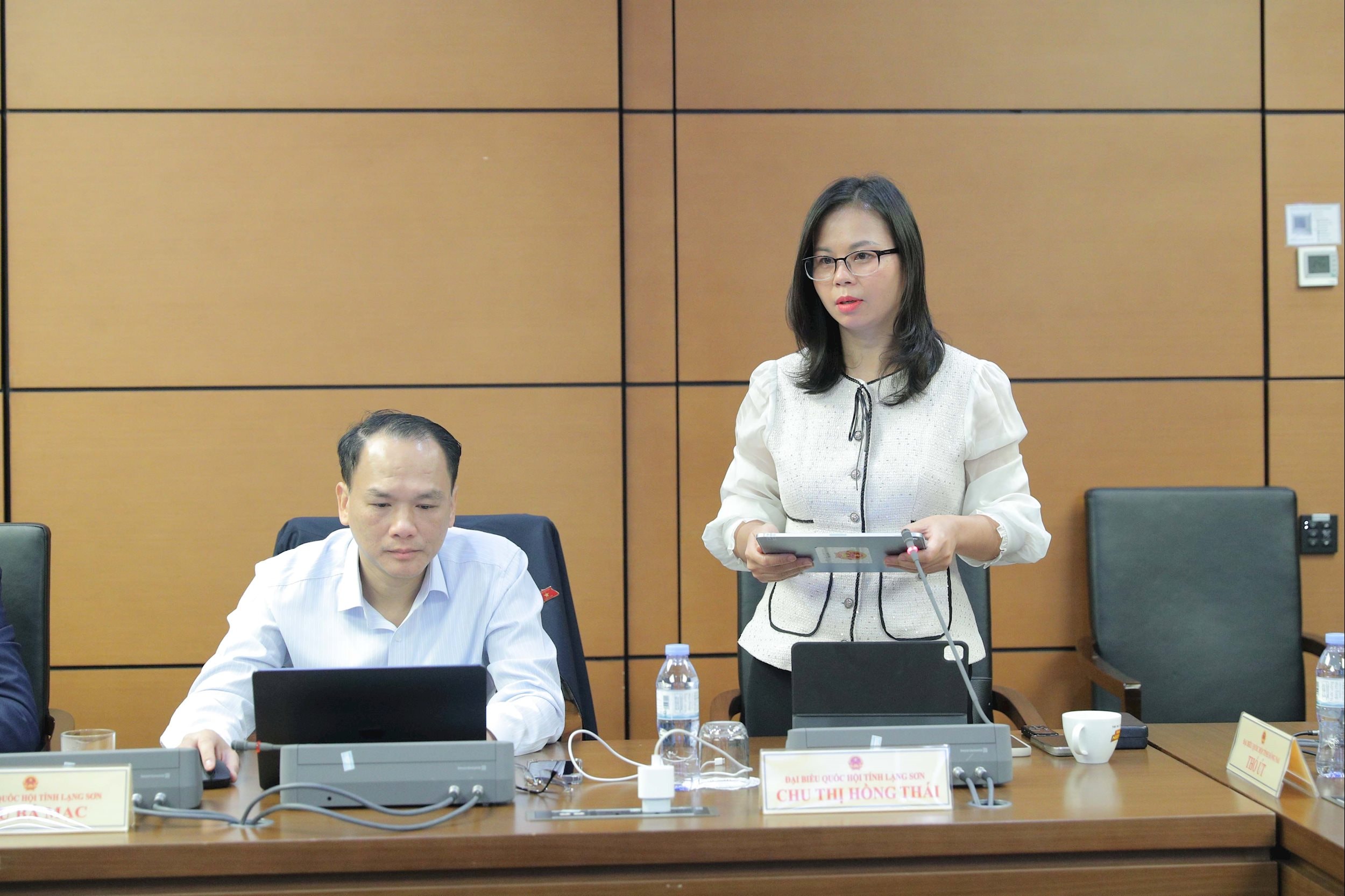
Agreeing with the above opinion, National Assembly Deputy Pham Trong Nghia (Lang Son) also said that the draft Law has the concept of "digital gap", but it only stops at the definition level without specific regulations to narrow this gap. Therefore, the delegate proposed to add a separate article on the State's policy to narrow the digital gap, in which clearly defines solutions to support disadvantaged groups, difficult areas, and people who do not have access to the Internet or smart devices. According to the delegate, if there is a lack of a mechanism to ensure equitable access, the more digital transformation is promoted, the wider the gap between population groups will be.
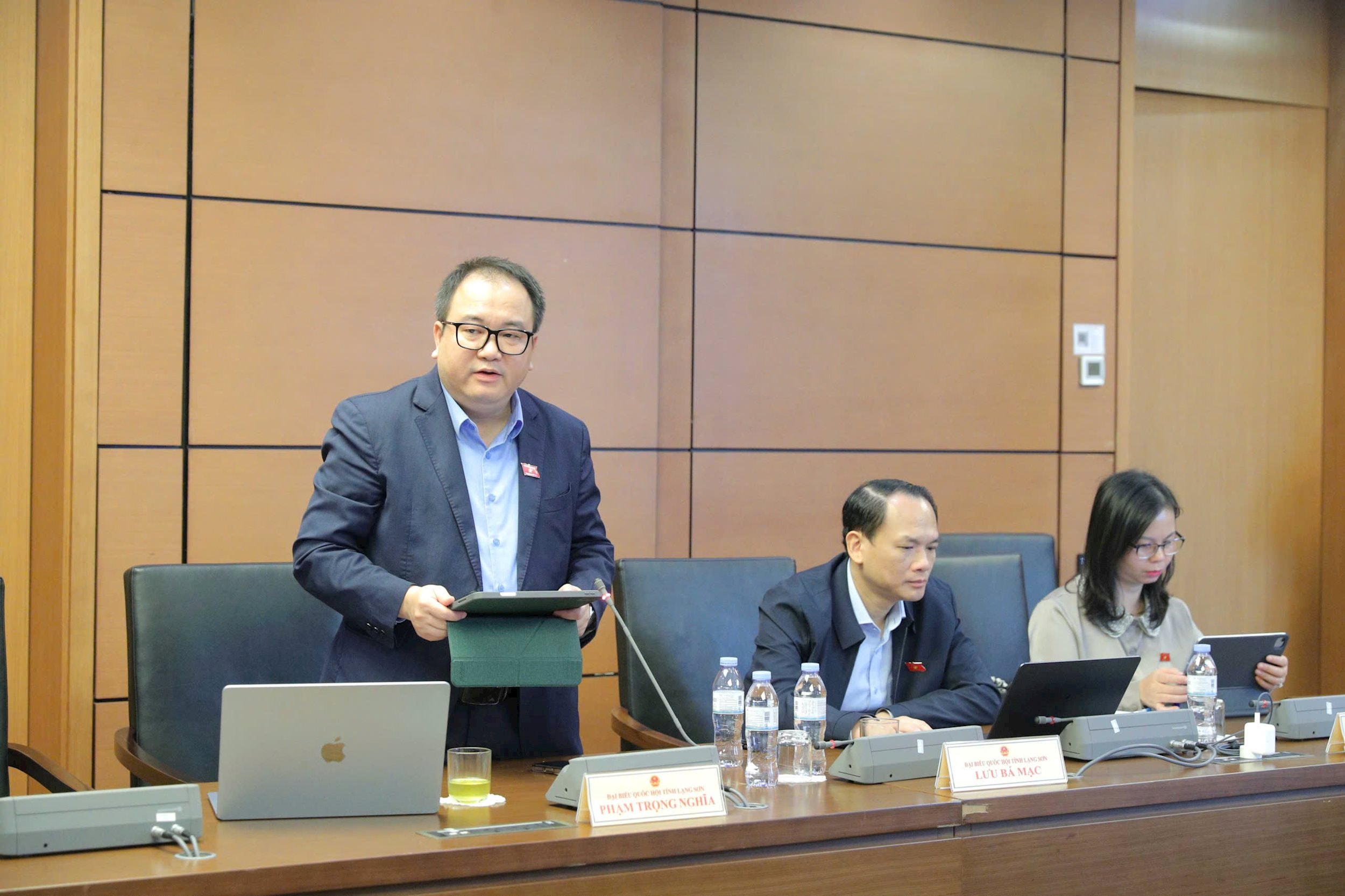
Regarding this content, National Assembly Deputy Dieu Huynh Sang (Dong Nai) also proposed to revise Clause 10, Article 3 of the draft Law so that the concept of "digital infrastructure" is more comprehensive, fully reflecting new technological elements such as smart devices, sensors, and cameras with integrated artificial intelligence.
Ensuring the unification of the "post-audit" principle, creating momentum to promote comprehensive digital transformation
Regarding the responsibility for algorithmic transparency of digital intermediary platforms, National Assembly Deputy Dieu Huynh Sang (Dong Nai) stated that the draft Law currently shows a tendency of "pre-inspection" for large-scale enterprises, which is not consistent with the "post-inspection" principle under the Competition Law. Therefore, the Drafting Committee is requested to review and revise to ensure consistency with current regulations. At the same time, the delegate suggested adding specific policies to attract and promote digital transformation experts, not only in state agencies but also in enterprises, in order to create momentum to promote digital transformation in the whole society.
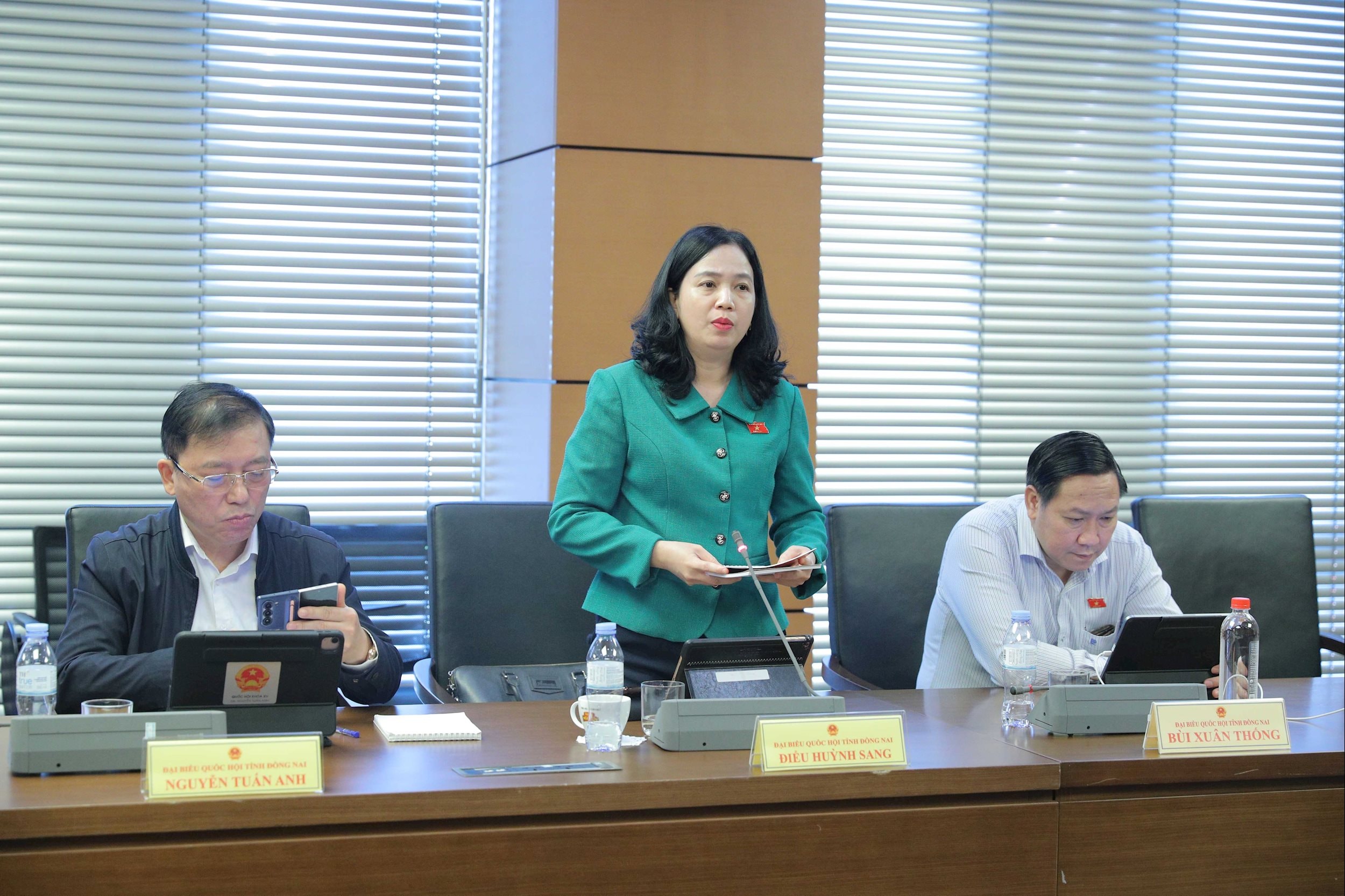
Regarding prohibited acts in digital transformation (Clause 2, Article 5), delegates proposed to add prohibited acts such as: violations in the use of open data and data sharing such as exploiting, editing or publishing open data of the State in violation of copyright regulations, scope of use or sharing purposes; interfering with the artificial intelligence model or machine learning mechanism of the digital system to change the results of data processing, causing data distortion, bias or harm to organizations and individuals.
In addition, delegates also proposed the need to issue specific policies to attract and employ digital transformation experts not only in state agencies and enterprises, but also in the private sector, in order to promote comprehensive digital transformation, with people and businesses as the center, subject and driving force of this process.
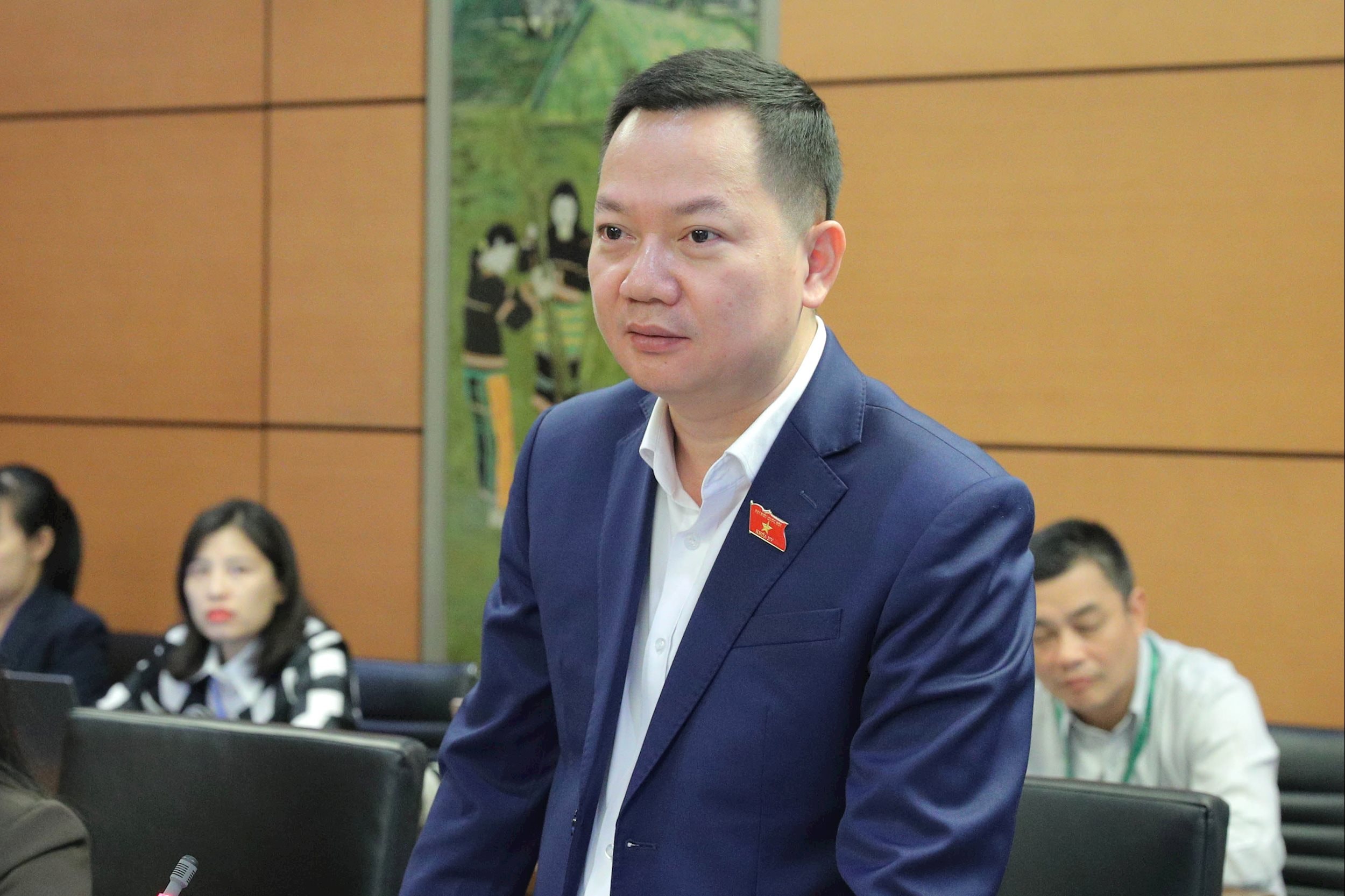
From a legislative technical perspective, National Assembly Deputy Trinh Xuan An (Dong Nai) commented that the spirit of the draft Law on Digital Transformation clearly reflects the Party's policies and resolutions, but needs to be edited more concisely and carefully to avoid duplication and ensure feasibility. According to the delegate, this is a framework law, a principle law, and should not go too deeply into specific contents that have been stipulated in specialized laws. The structure of the Law needs to be built closely following the concept of "digital transformation", thereby stipulating the scope of regulation, institutions and appropriate policies.
Source: https://daibieunhandan.vn/can-thu-hep-khoang-cach-so-de-chuyen-doi-so-thuc-chat-ben-vung-10394710.html


![[Photo] Da Nang: Hundreds of people join hands to clean up a vital tourist route after storm No. 13](https://vphoto.vietnam.vn/thumb/1200x675/vietnam/resource/IMAGE/2025/11/07/1762491638903_image-3-1353-jpg.webp)






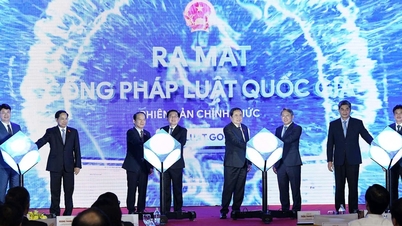
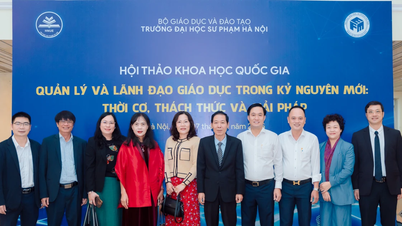





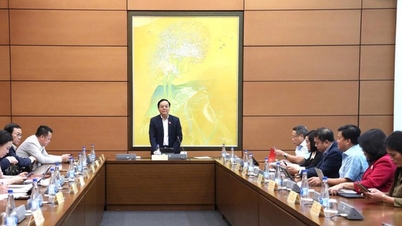






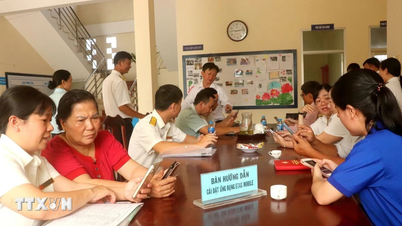

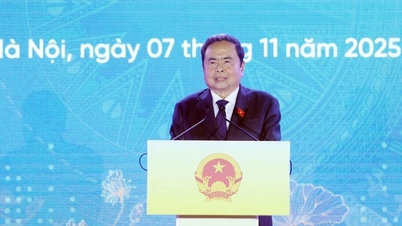





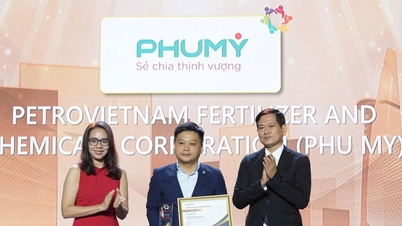

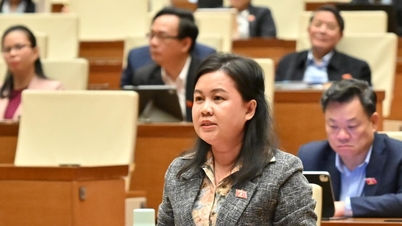


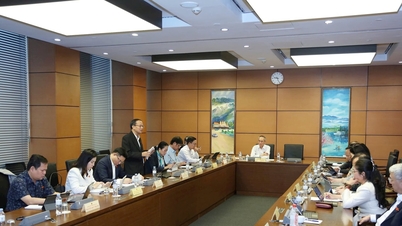





















































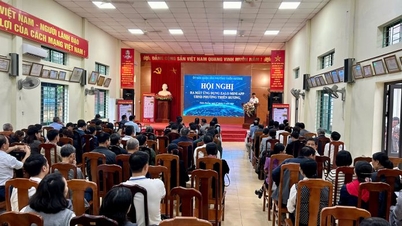

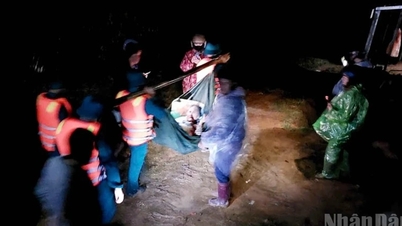




















Comment (0)